The curtain has fallen on Anna Delvey‘s short-lived Dancing With the Stars (DWTS) career, but she’s not about to go quietly into the night. The notorious con artist is throwing shade left and right, with DWTS firmly in her crosshairs for what she deems their “predatory” behavior and blatant exploitation of her infamy.
Delvey has been setting off controversy alarms like it’s her job (which, I suppose, it kind of is). When asked by DWTS host Julianne Hough what she learned from her time on the show, Delvey boldly replied, “nothing.” And just a day after her final episode, she gleefully admitted to Good Morning America hosts that her favorite moment was being kicked off the show. Should we be shocked by Delvey’s brazen indifference?
This is the same woman who schemed her way into the upper echelons of New York City society, leaving a wake of bamboozled friends and unpaid bills in her designer-clad path. Her elaborate scheme eventually caught up with her, leading to her arrest and conviction in 2019 on charges of grand larceny, attempted grand larceny, and theft of services. When you thought she was down for the count, Delvey transformed her sordid tale into Netflix gold with Inventing Anna, catapulting her criminal exploits into the spotlight and paving the way for her DWTS debut.
When ABC trumpeted Delvey as one of the 13 “celebrity” contestants for DWTS‘s 33rd season, the public outcry was swift. Critics lambasted the show for seemingly glorifying a convicted felon, arguing that it sent a dangerous message. However, it’s hard to ignore the fact that Delvey’s presence likely gave the season premiere’s ratings a 4% jolt compared to the previous year. Not only did the show dominate the TV landscape in total viewership, it also reigned among the 18-49 adult demographic.
Now, in the wake of her elimination, Delvey is speaking out against what she perceives as DWTS‘s “predatory” tactics. In a chat with NBC News, she accused the show of using her to drive up ratings without ever intending to give her a fair chance to grow and improve as a dancer. Delvey also took issue with the online hatred directed at her, suggesting a double standard in how the public reacts to contestants with criminal histories. She believes that her reputation led to “nonsensical scoring” from the judges and viewers, arguing that DWTS should be a dance competition, not a popularity contest.
“I feel that the show so obviously used me to drive up the ratings, that they never had any plans to give me any chance to grow and only cared about exploiting me for attention. It was predatory of them to try [to] make me feel inadequate and stupid, all while I did get progressively better, yet they chose to disregard that.”
While some may scoff at Delvey’s gripes, she does have a point about the murky ethics of capitalizing on controversial figures for the sake of ratings. It’s no earth-shattering revelation that reality TV feeds off drama and shock value, and casting a notorious scammer like Delvey was guaranteed to get tongues wagging. But at what price? Should someone who spent years pulling the wool over people’s eyes be handsomely rewarded with a spotlight and a shot at stardom?
When all is said and done, whether her claims hold water or are merely the last dance of someone used to orchestrating her own publicity, Delvey’s inclusion on the show was certainly as predictable as it was calculated.


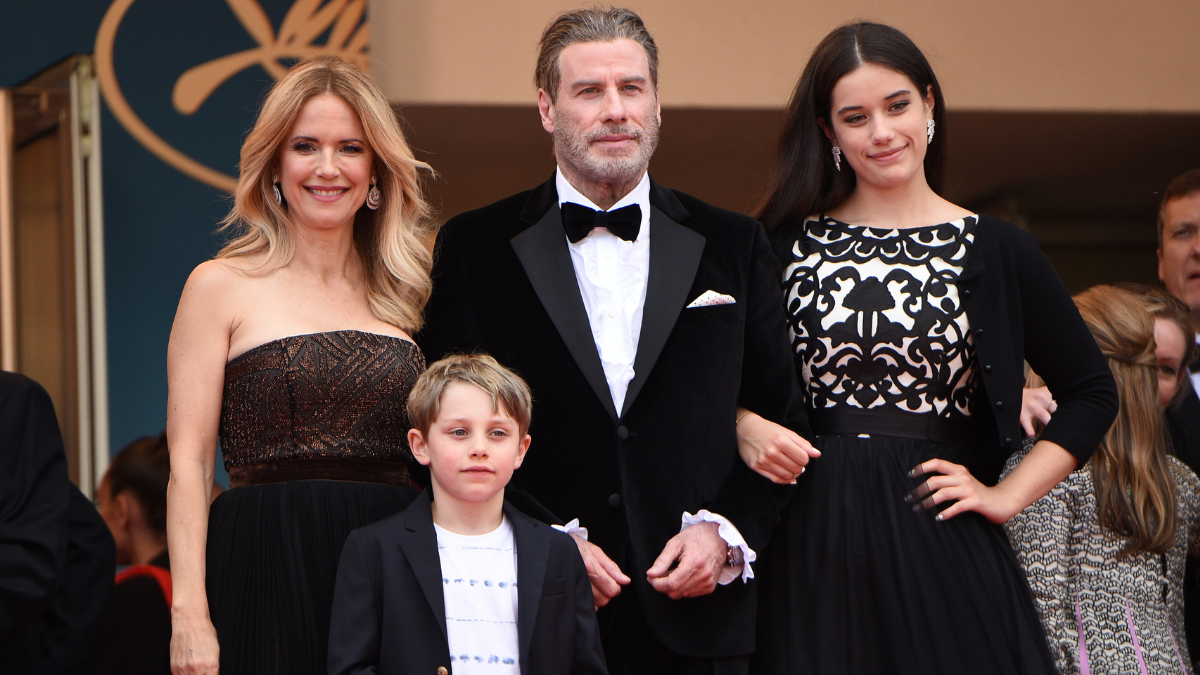
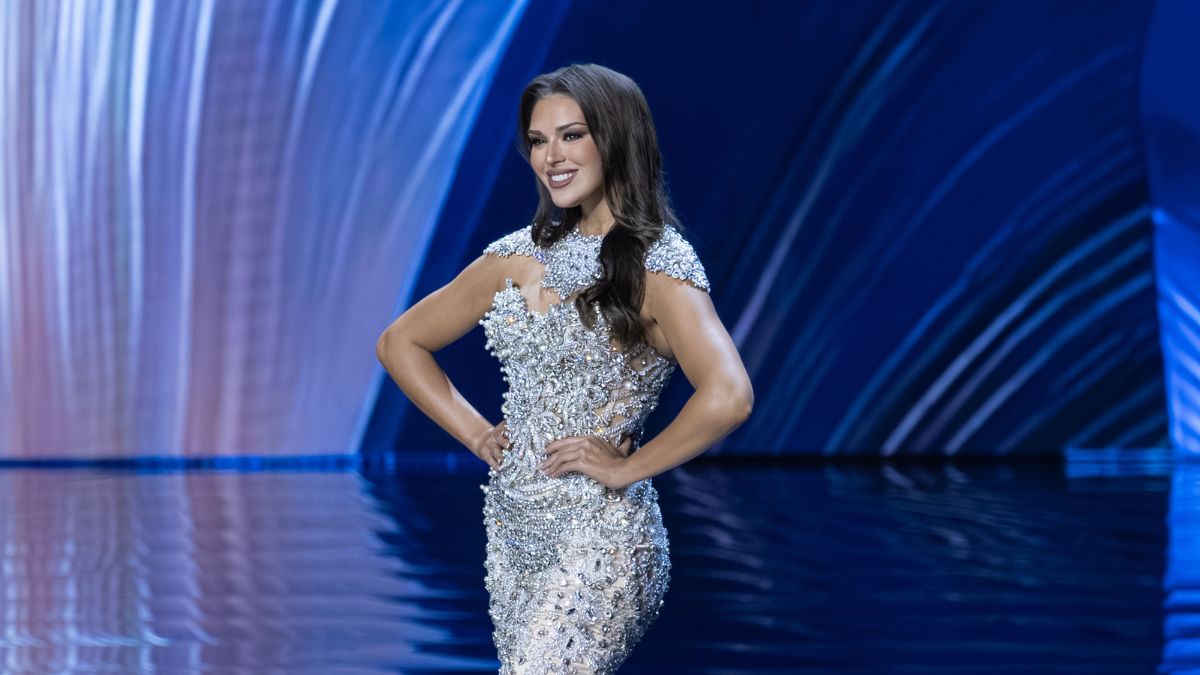
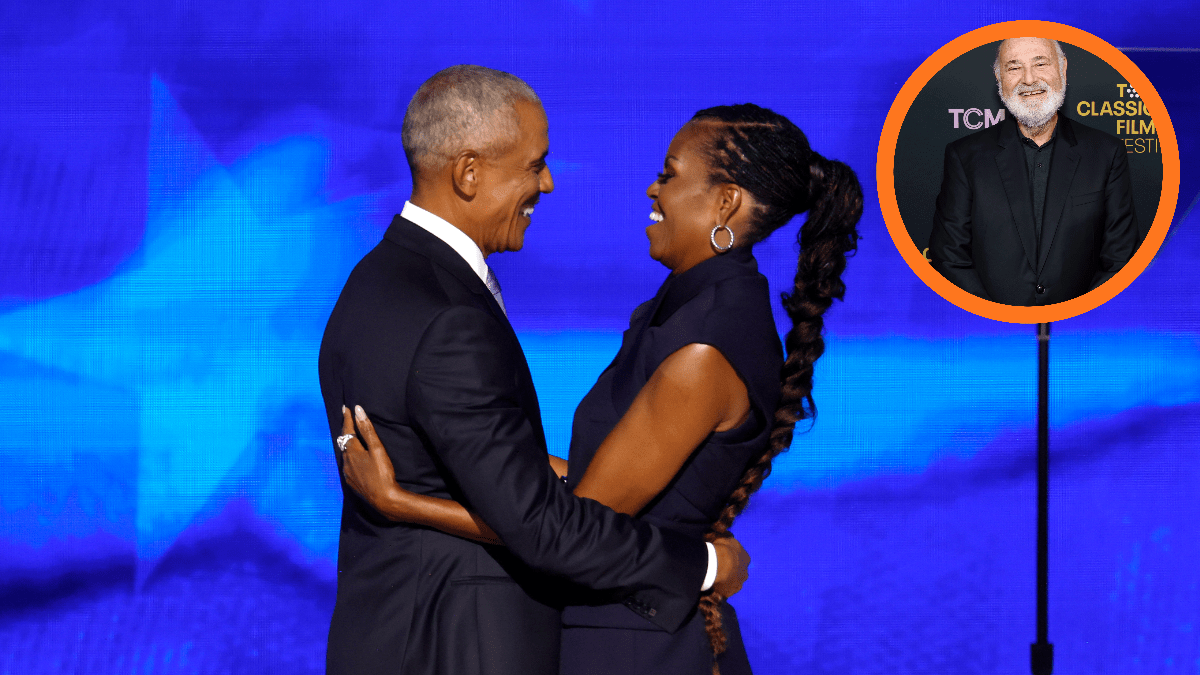
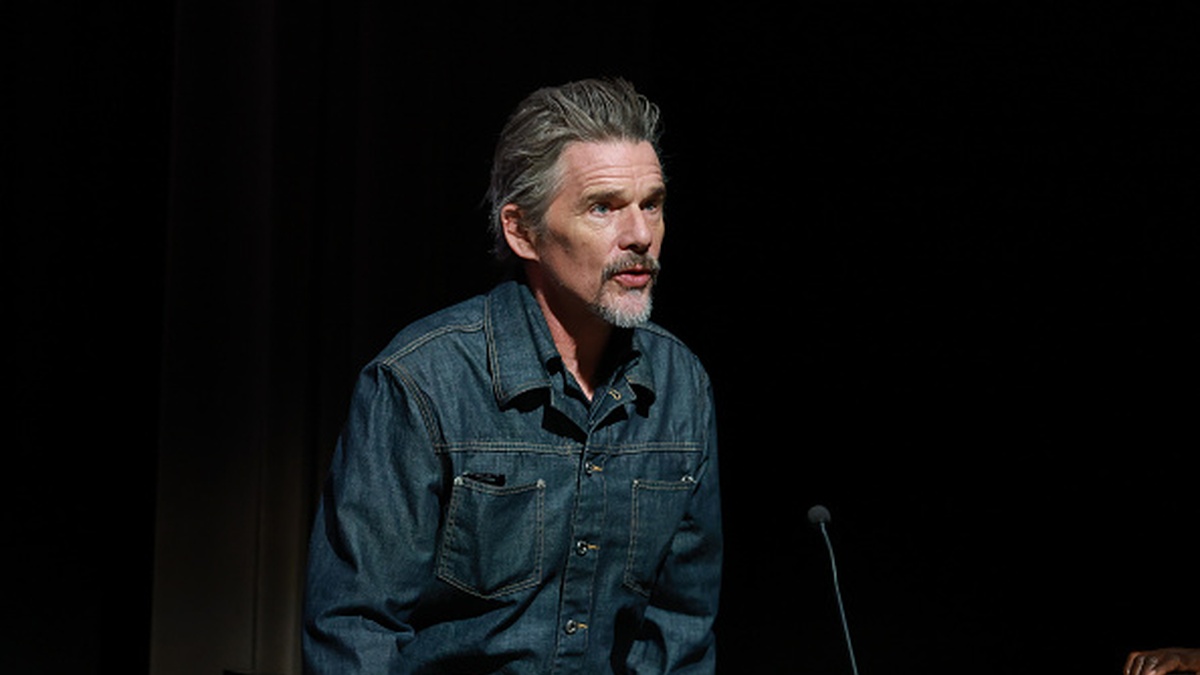

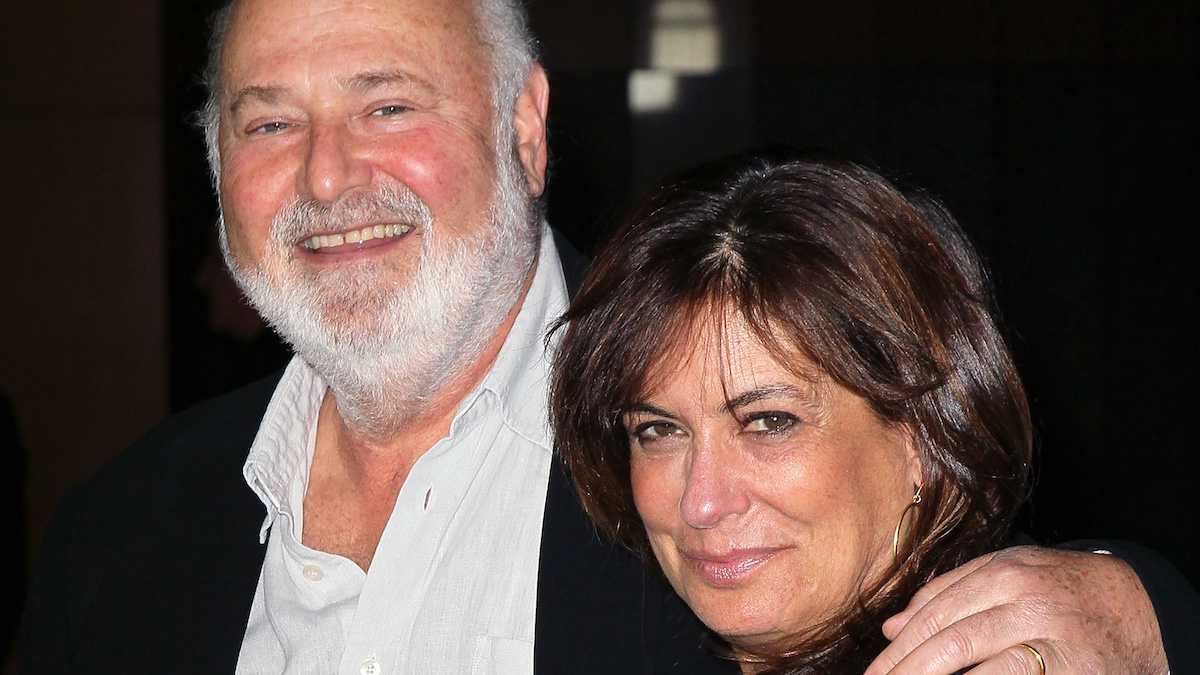
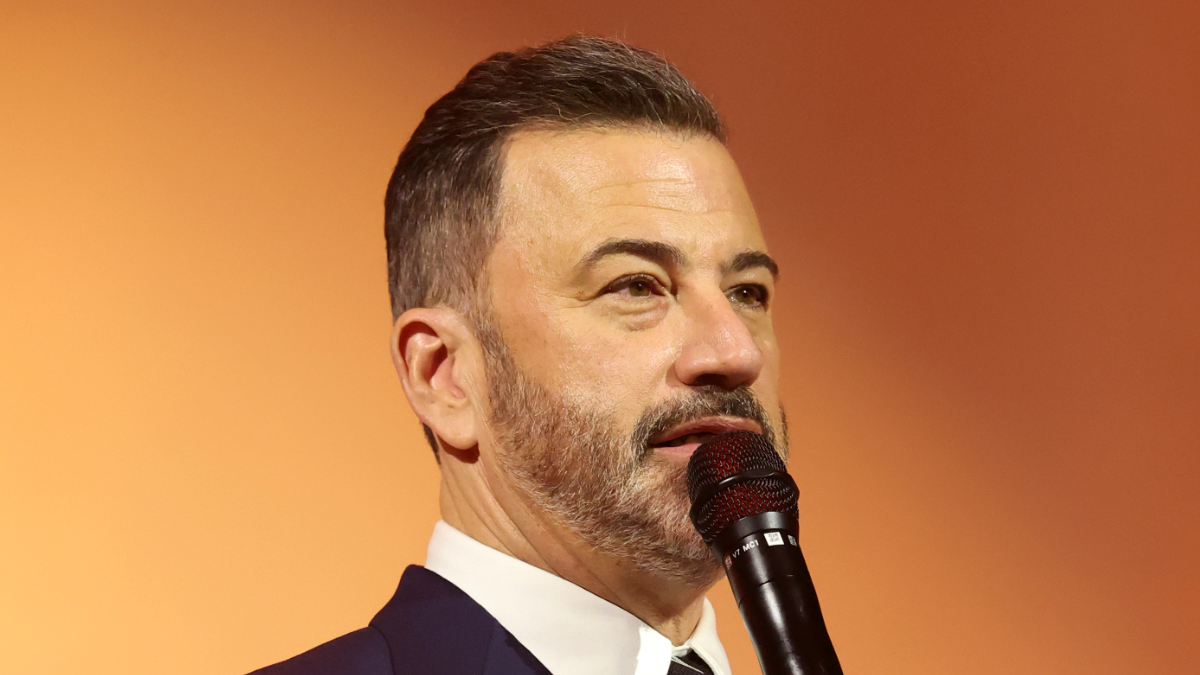
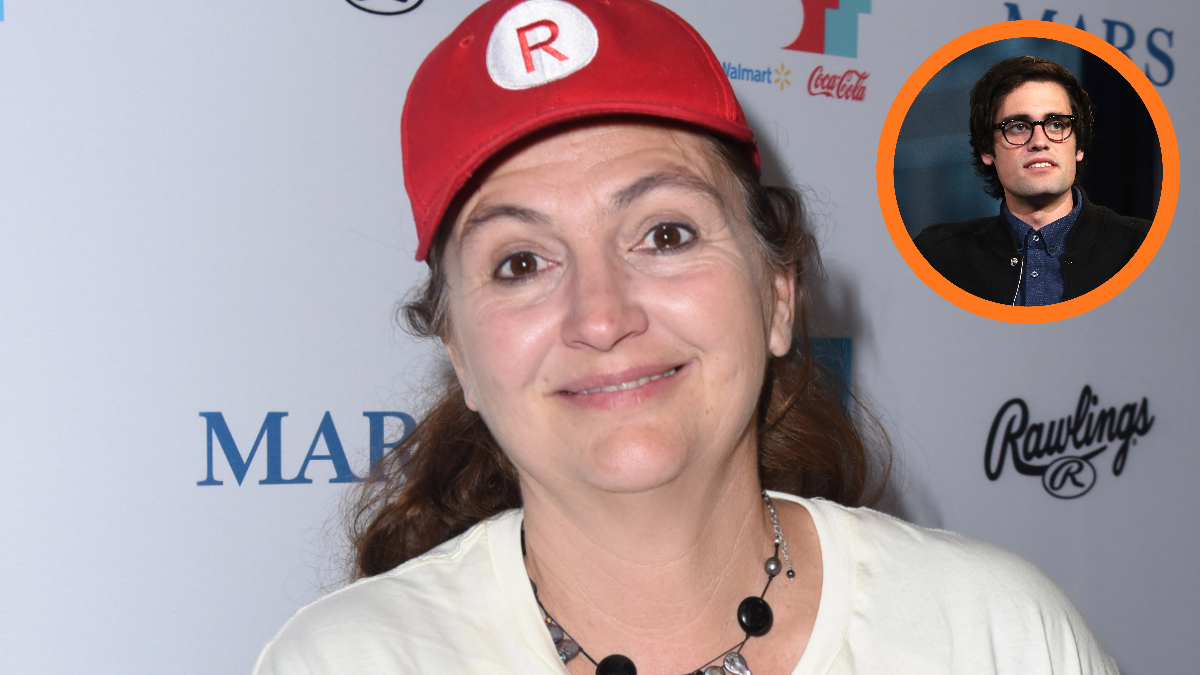

Published: Sep 28, 2024 01:33 pm